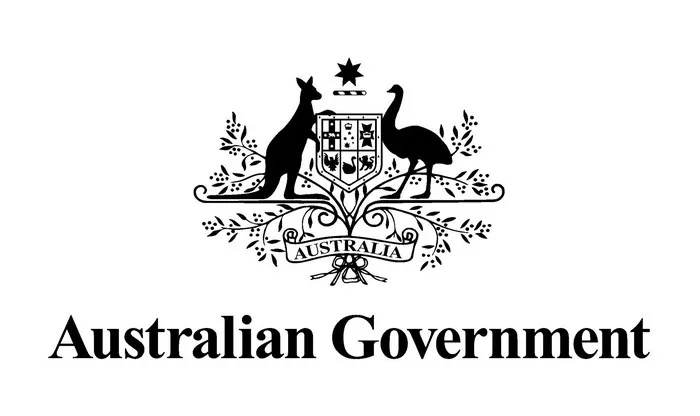The Australian government has recently made significant updates to its immigration policies, particularly concerning U.K. nationals and permanent residents, adjustments to the core skills occupation list, and clarifications regarding the skilled work regional visa (subclass 491).
Key Points:
Extension of Temporary Skill Shortage Visa Duration: The Department of Home Affairs has confirmed that U.K. foreign nationals and permanent residents are now eligible for an extended duration for the temporary skill shortage visa. Under the Australia-United Kingdom Free Trade Agreement, individuals qualified for the short-term stream subclass 482 visa, typically with a maximum duration of two years, may now be granted a visa for up to four years. Further guidance on this update is anticipated soon.
Updates to Core Skills Occupations List: In October 2022, the Australian government established Jobs and Skills Australia to address skill shortages and provide labor market analysis. This statutory body has introduced a migration labor market indicator model to inform updates to the core skills occupations list. Several changes are anticipated in the coming months, including the removal and addition of occupations aimed at enhancing the temporary skilled migration system.
Reduction in Work Experience Requirement for Skilled Work Regional Visa (Subclass 491): The minimum work experience requirement for NSW state nomination under pathway 1 of the skilled work regional visa has been reduced to six months. Previously, applicants were required to have a 12-month period of living and working in a designated regional area in NSW with a single regional employer to qualify.
BAL Analysis:
These policy adjustments are intended to align the visa system with Australia’s free trade obligations, decrease reliance on overseas labor in occupations where local labor is available, and enhance the appeal of regional migration pathways. Additionally, the government’s migration strategy aims to reduce net overseas migration to levels seen before the pandemic.


